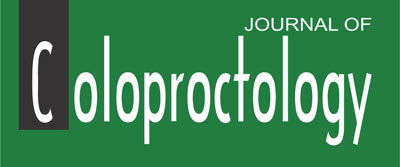INTRODUCTION: Neoadjuvant chemoradiation promotes tumor size reduction and staging before the surgery, reducing the risk of involving the circumferential resection margin and local recurrence. For patients who have been submitted to the neoadjuvant therapy, the usefulness of a second nuclear magnetic resonance (MRI) after chemoradiation has not been clearly explained. Objective: Assess the degree of tumor regression and downstaging after chemoradiation using MRI, compared with the pathology, and its correlation with surgical outcomes and patient prognosis. METHODS: This study investigated 13 patients. Their mean age was 52.3 years and 69.23% were male. RESULTS: The agreement in T and N staging was 30.76%, between the second MRI and pathology, overestimated in 55.55% of the remaining. T staging agreement was 53.84% and N staging agreement, 61.53%. The circumferential resection margin was free of cancer in 100%. The survival rate was 92%, with 75% disease-free in a mean follow-up of 1-2 years. CONCLUSION: A second MRI after chemoradiation can evaluate the degree of tumor regression, but with low compliance in relation to pathology, with tendency to overstaging. More studies are required to confirm these initial observations.
magnetic resonance imaging; rectal cancer; neoadjuvant therapy



